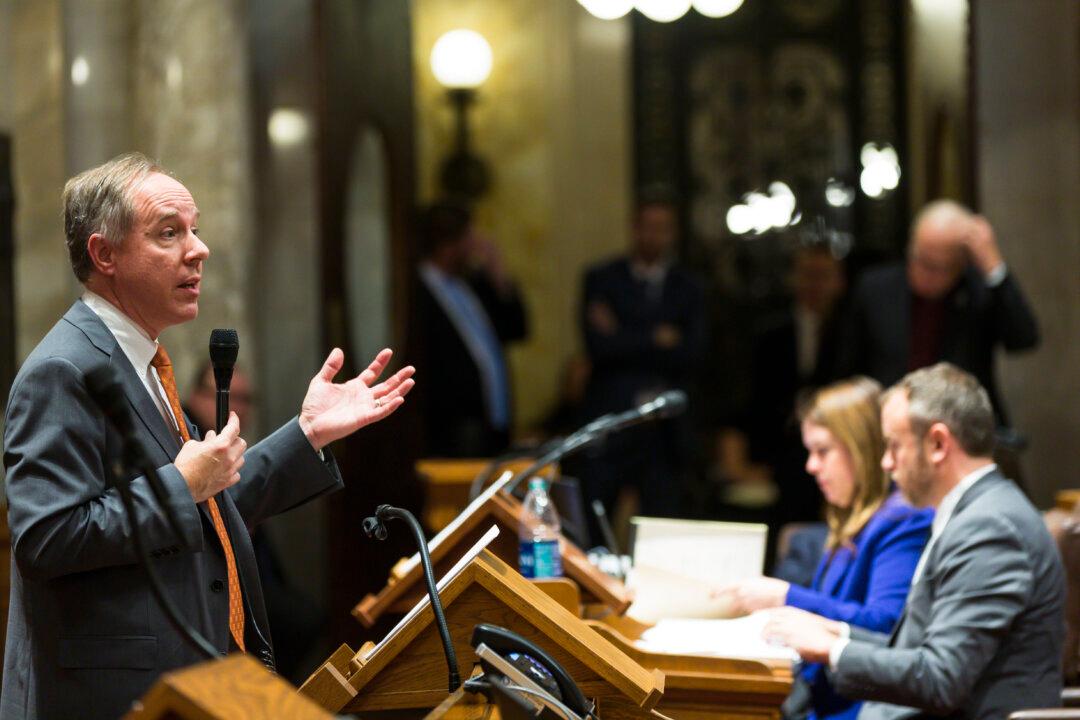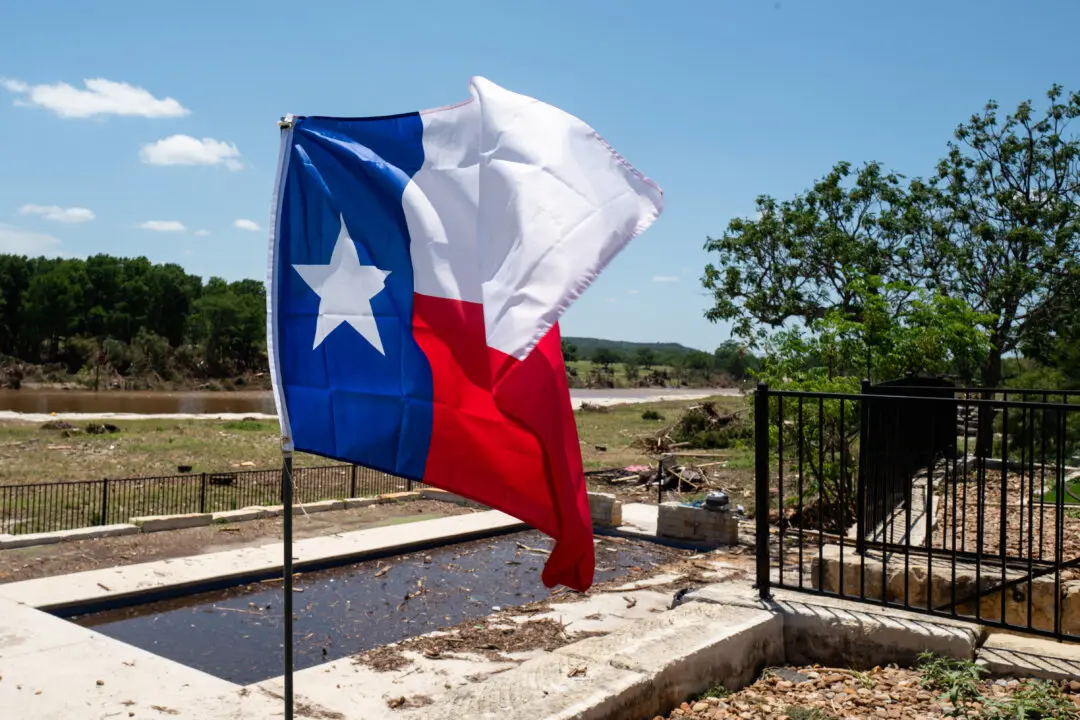The agency charged with regulating elections in a key battleground state has rebuffed the latest effort to recall Robin Vos, the Republican Speaker of the Wisconsin State Assembly.
The vote on June 27 was 4 to 2. Commissioner Carrie Riepl, a Democratic Party appointee, sided with the three Republican Party appointees, Commissioners Marge Bostelmann, Robert Spindell, and Don Millis, to reject a recall petition for Speaker Vos.





